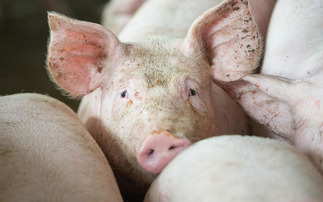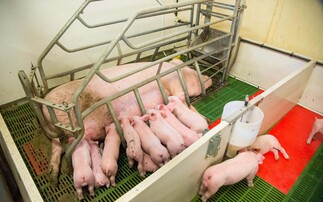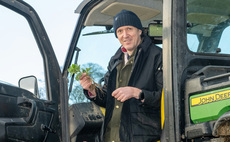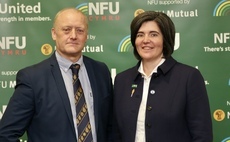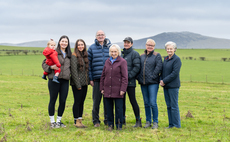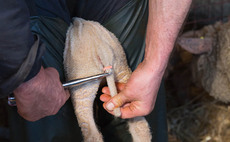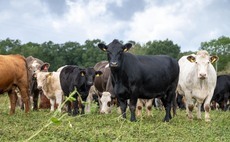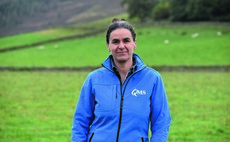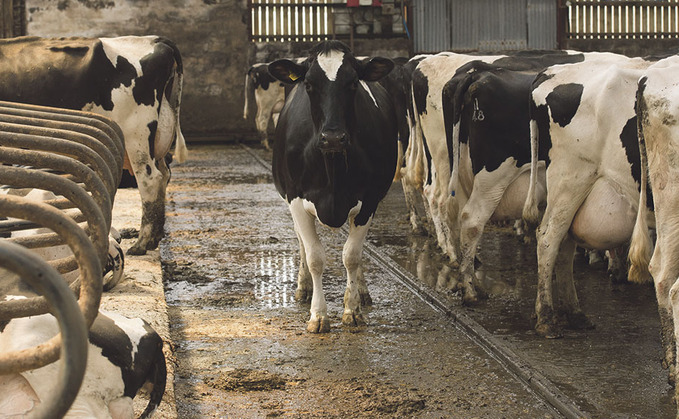
The total number of confirmed BTV-3 cases in Great Britain is now 87 for the current vector season
A Bluetongue Temporary Control Zone (TCZ) has been announced around a farm in Monmouthshire, Wales, as of yesterday (October 1).
The zone comes following the detection of the first cases of bluetongue serotype 3 (BTV-3) in Wales for the 2025/2026 vector season, on September 26.
Why is the TCZ in place?
Both of the first two cases were detected on this date; one in Monmouthshire and one in Powys. However, the control zone has been put in place in Monmouthshire due to 'clear evidence of active midge-borne transmission of BTV-3' in the area surrounding the affected farm near Chepstow.
The discovery comes following epidemiological investigations by APHA and the Pirbright Institute, which concluded that the disease was actively circulating on the farm.
Welsh Government said that the TCZ will help to prevent the spread of bluetongue in the area by restricting livestock movements, while also allowing further investigations in the area to take place.
READ NOW: First two cases of bluetongue confirmed in Wales as numbers in England hit 78
Chief Veterinary Officer for Wales, Richard Irvine said: "We have put in place this Temporary Control Zone to help prevent the spread of bluetongue in Wales.
"I urge animal keepers to continue to be vigilant for the signs of the disease, source stock responsibly and report any suspect cases to the APHA immediately.
"Vaccination is the best way to protect livestock and livelihoods from the worst impacts of this potentially devastating disease. If you're an animal keeper I would urge you to discuss bluetongue vaccination with your vet now."
Deputy First Minister Huw Irranca-Davies' response
Welsh Deputy First Minister and Cabinet Secretary for Rural Affairs, Huw Irranca-Davies said: "Welsh Government and industry have cooperated throughout this year to keep bluetongue out of Wales for as long as possible.
"Our success to this point has been crucial in buying our farmers the time they needed to vaccinate their animals and prepare for bluetongue.
"Everyone needs to now play their part and help manage where bluetongue disease is appearing. We must continue to work hard together to protect our Welsh livestock sectors from this potentially devastating disease."
Total cases summary
Two further cases of bluetongue were detected in Wales on Tuesday, September 30, bringing the total number in the country to four for the 2025/2026 vector season.
The total number of cases of BTV-3 in Great Britain is now 87.
One singular case of bluetongue serotype-8 (BTV-8) has also been detected, in Cornwall, England, on September 26. This is the first detection of BTV-8 in the UK since 2008.








